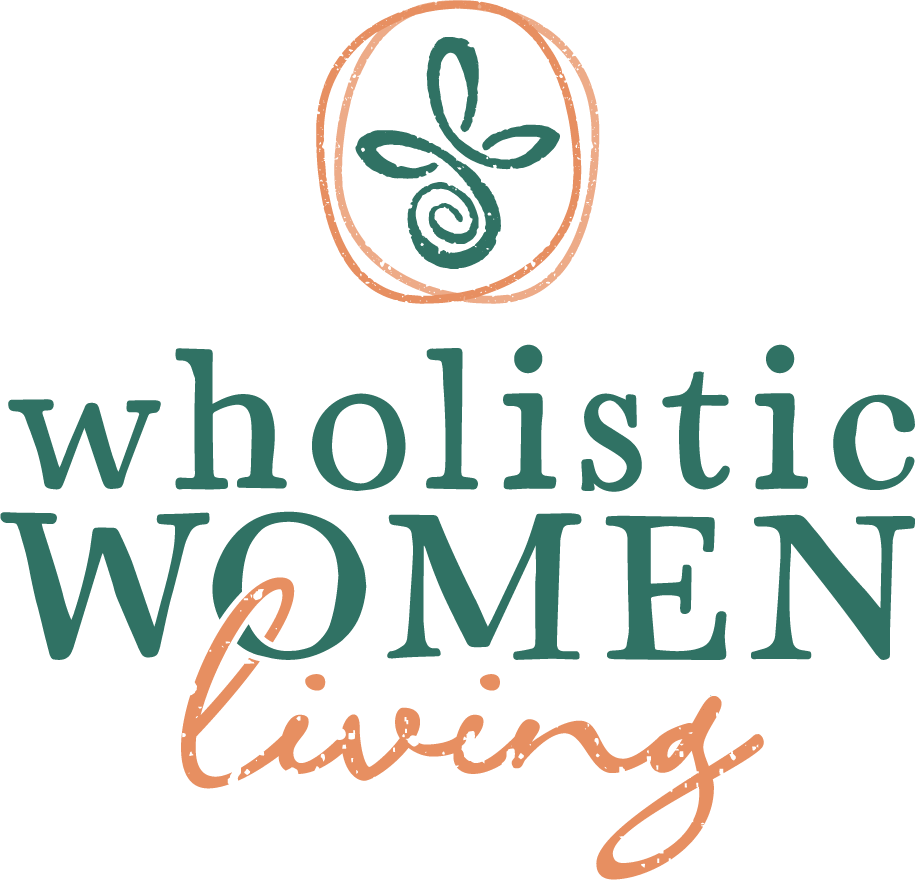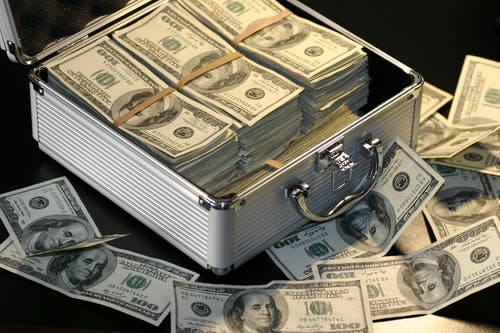Chances are you’ve probably tried to budget at some point in your life. Trying to get a handle on your monthly cash flow can be an overwhelming project. As a Financial Coach, I spend a lot of time helping my clients get clarity on what their budget numbers are, and how they fit into a plan that will give them peace of mind. But what should you do if you just don’t have enough to make “ends meet?” It could be that you have an income problem, and need to find additional sources of cash coming into your household. More often, the challenge is a spending problem! We all have some sneaky expenses that we take for granted. These can derail the best-made plans! Here are some suggestions on expenditures that you may be able to do without, in order to increase your bottom line:
- Fast Food: a recent study found that the average American household spends about $100 a month on fast food. We all know that this type of food is probably not the healthiest option in providing nourishment. By taking the time to prepare food at home, you are able to eat healthier and save money.
- Prepared Packaged Food: with our busy schedules it’s tempting to buy grocery items that may be pre-cut, or ready to cook. Did you know that these food items cost an average of 80% more than foods that may need to be chopped, cut, or pre-cooked? Taking the time to prepare your food can save you hundreds of dollars
- Name Brand Products: when grocery shopping, take a look at the labels of a store brand vs. a name brand. What you will find is that they contain the same ingredients! Grocery stores pay the name brands to make the same product without their labels, and they are sold at a significant discount.
- New Books: if you love to read, remember the local library! You can download books and magazines. Not only are you saving money, but getting your reading materials this way is environmentally friendly.
- Bottled Water: This is an upgrade that most of us take for granted. Rather than spend money on bottled water, invest in a good filtration system and buy yourself a reusable water bottle. Again, this is an economically and environmentally approach to getting your hydration.
- Bank Fees: if you are paying a bank a monthly fee due to account minimums or overdrafts, it’s time to re-evaluate your banking choice. Take some time to find a bank account that does not require a minimum balance. The average minimum balance fee is $5.00/month. By not paying this, you have now added $60.00 a year to your cash flow!

